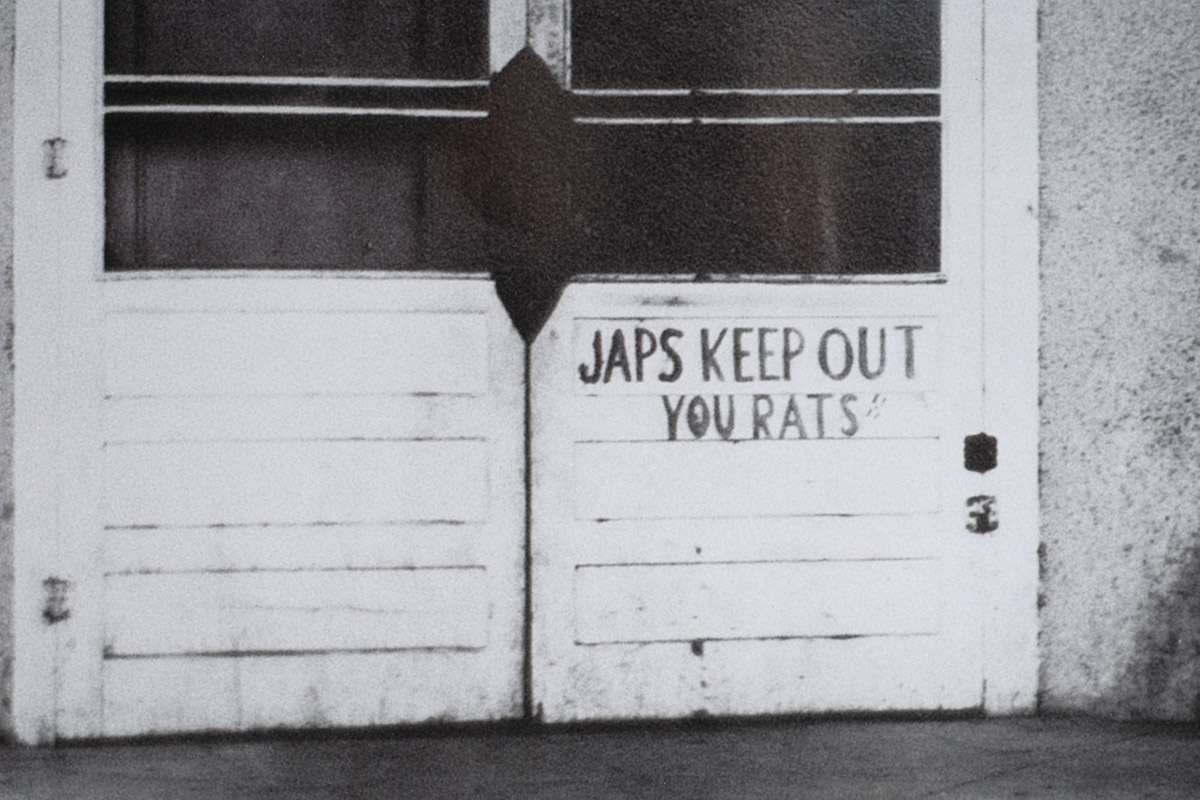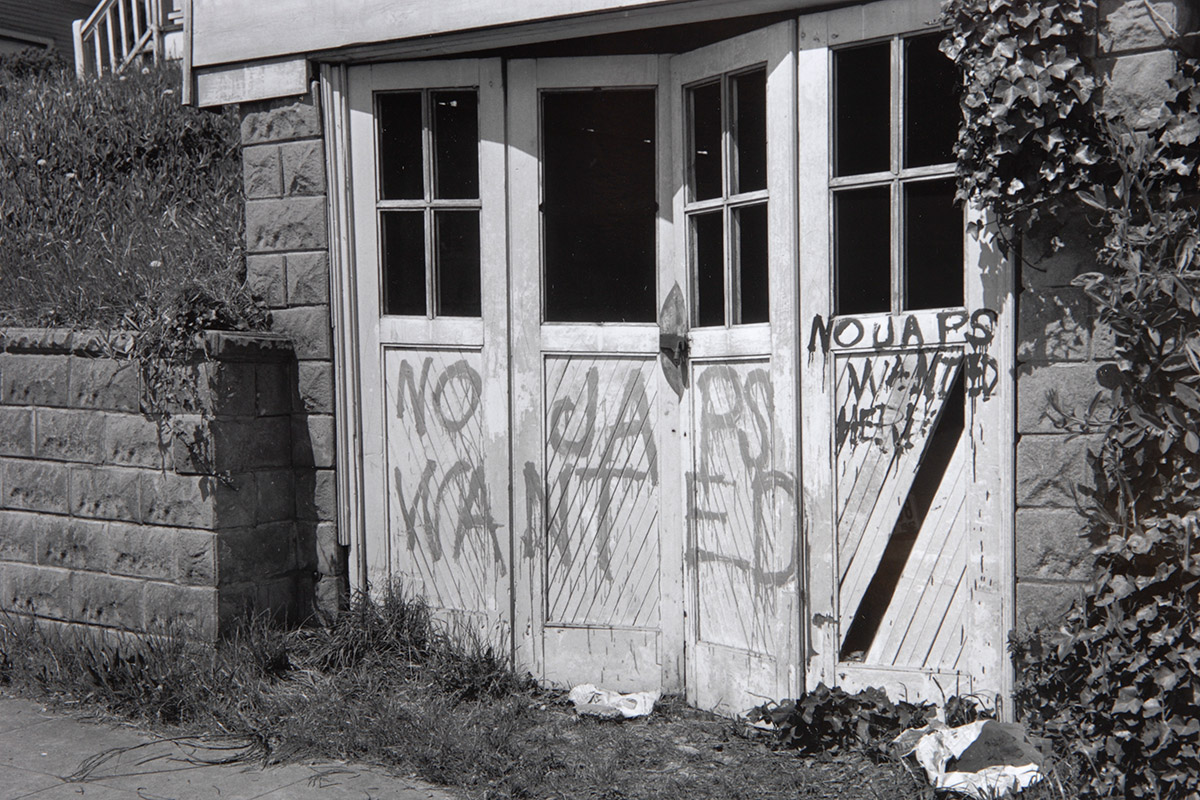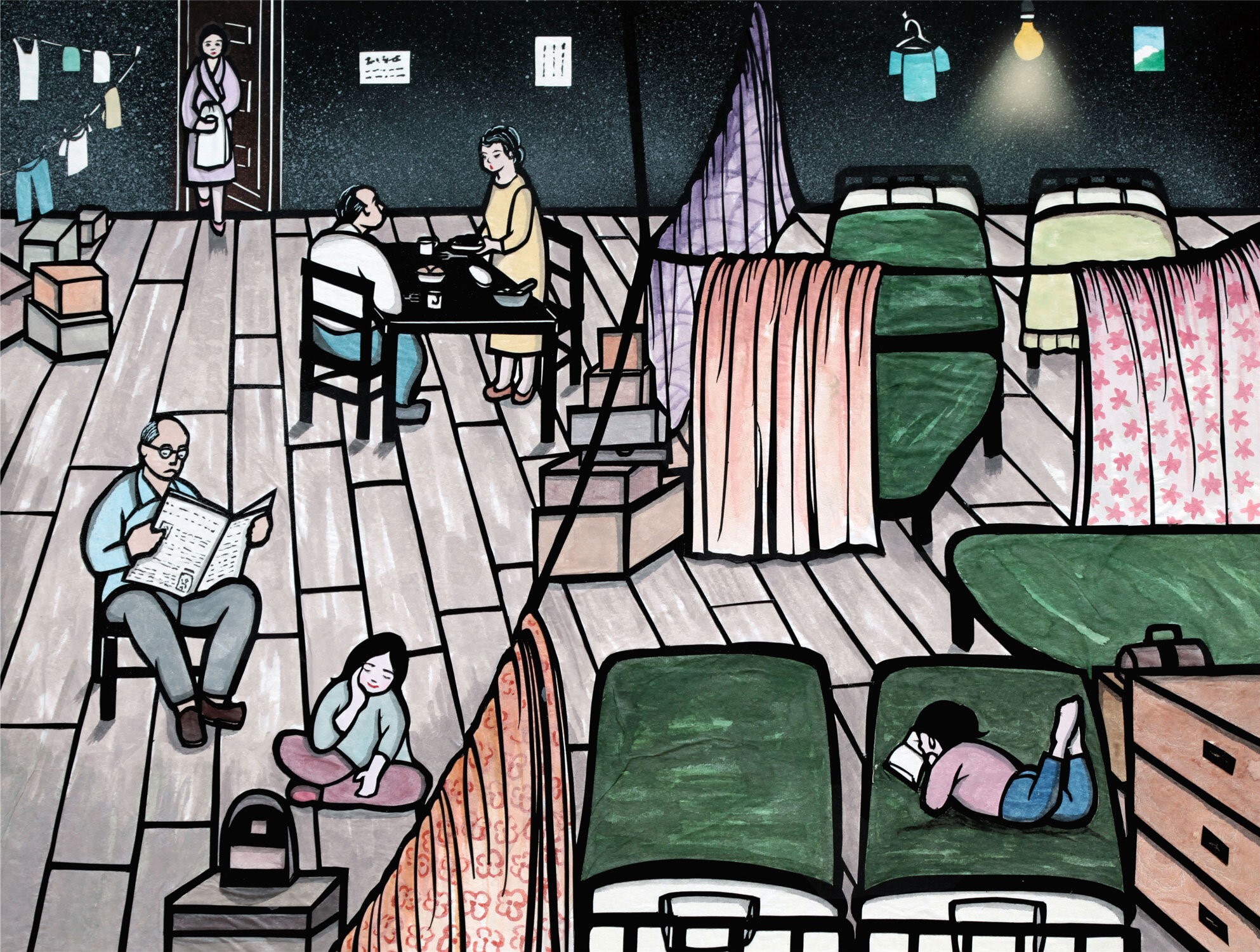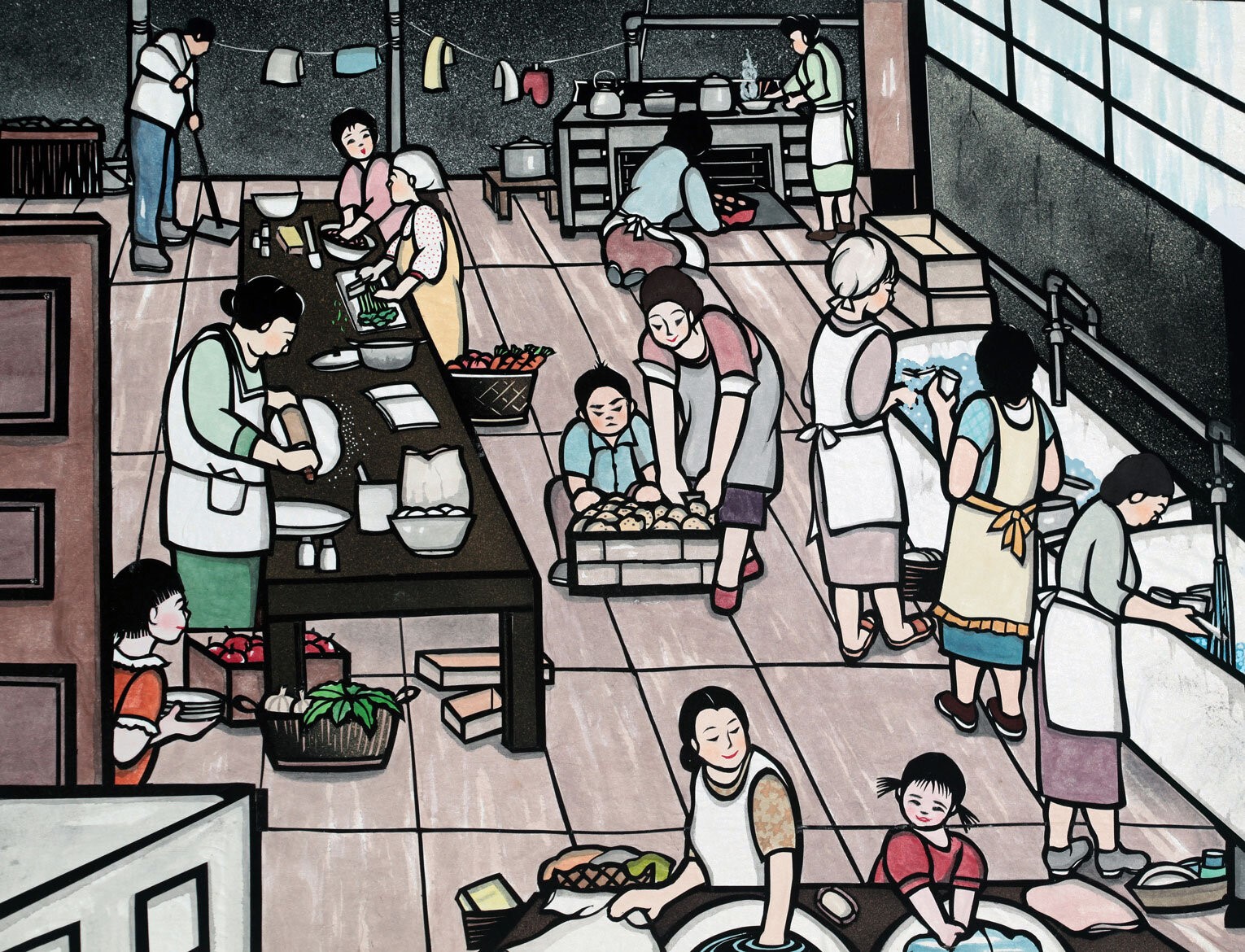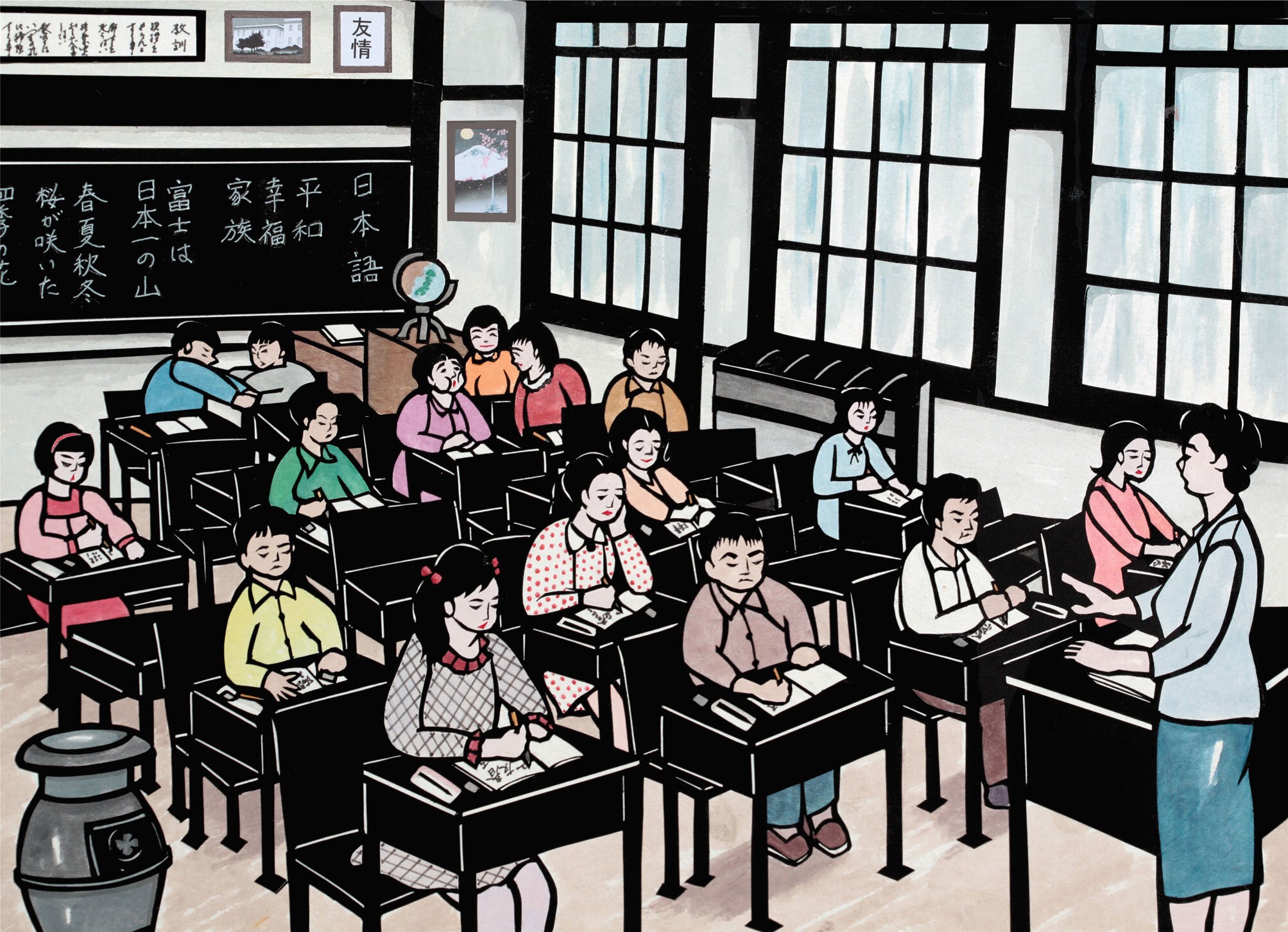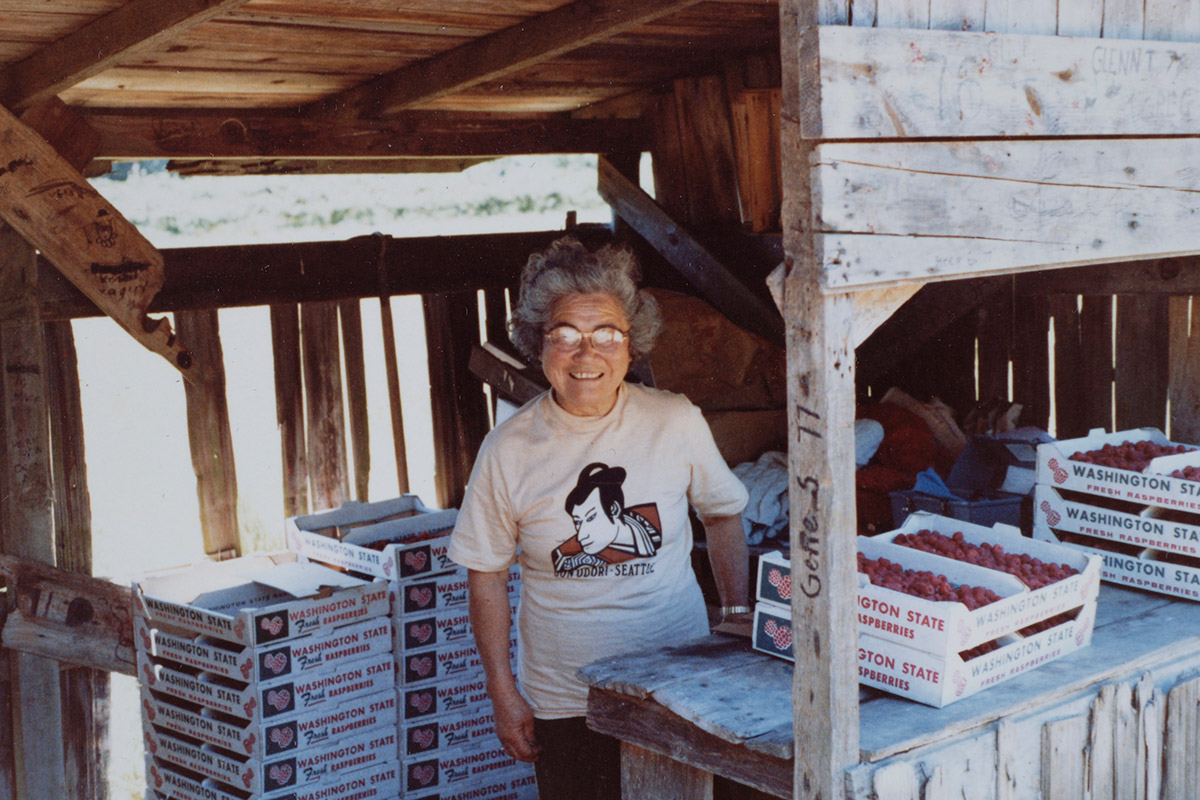Although many internees sued, the only success was from government employee Misuye Endo. In the 1945 decision Exparte Endo, the Supreme Court unanimously ruled against internment, effectively closing the camps.
"We are of the view that Mitsuye Endo should be given her liberty... we conclude that, whatever power the War Relocation Authority may have to detail other classes of citizens, it has no authority to subject citizens who are concededly loyal to its leave procedure."
- Justice William O. Douglas in the Opinion of Ex Parte Endo,

